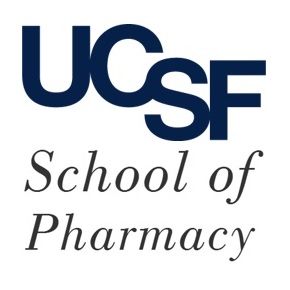Submitted by ja607 on
| Title | A Transcriptome-Wide Association Study Identifies Candidate Susceptibility Genes for Pancreatic Cancer Risk. |
| Publication Type | Journal Article |
| Year of Publication | 2020 |
| Authors | Liu, D, Zhou, D, Sun, Y, Zhu, J, Ghoneim, D, Wu, C, Yao, Q, Gamazon, ER, Cox, NJ, Wu, L |
| Journal | Cancer Res |
| Volume | 80 |
| Issue | 20 |
| Pagination | 4346-4354 |
| Date Published | 2020 10 15 |
| ISSN | 1538-7445 |
| Keywords | Age Factors, Case-Control Studies, European Continental Ancestry Group, Female, Gene Expression Regulation, Neoplastic, Genetic Predisposition to Disease, Genome-Wide Association Study, Humans, Male, Models, Genetic, Pancreatic Neoplasms, Polymorphism, Single Nucleotide |
| Abstract | Pancreatic cancer is among the most well-characterized cancer types, yet a large proportion of the heritability of pancreatic cancer risk remains unclear. Here, we performed a large transcriptome-wide association study to systematically investigate associations between genetically predicted gene expression in normal pancreas tissue and pancreatic cancer risk. Using data from 305 subjects of mostly European descent in the Genotype-Tissue Expression Project, we built comprehensive genetic models to predict normal pancreas tissue gene expression, modifying the UTMOST (unified test for molecular signatures). These prediction models were applied to the genetic data of 8,275 pancreatic cancer cases and 6,723 controls of European ancestry. Thirteen genes showed an association of genetically predicted expression with pancreatic cancer risk at an FDR ≤ 0.05, including seven previously reported genes (, and ) and six novel genes not yet reported for pancreatic cancer risk [6q27: OR (95% confidence interval (CI), 1.54 (1.25-1.89); 13q12.13: OR (95% CI), 0.78 (0.70-0.88); 14q24.3: OR (95% CI), 1.35 (1.17-1.56); 17q12: OR (95% CI), 6.49 (2.96-14.27); 17q21.1: OR (95% CI), 1.94 (1.45-2.58); and 20p13: OR (95% CI): 1.41 (1.20-1.66)]. The associations for 10 of these genes (, and ) remained statistically significant even after adjusting for risk SNPs identified in previous genome-wide association study. Collectively, this analysis identified novel candidate susceptibility genes for pancreatic cancer that warrant further investigation. SIGNIFICANCE: A transcriptome-wide association analysis identified seven previously reported and six novel candidate susceptibility genes for pancreatic cancer risk. |
| DOI | 10.1158/0008-5472.CAN-20-1353 |
| Alternate Journal | Cancer Res |
| PubMed ID | 32907841 |
| PubMed Central ID | PMC7572664 |
| Grant List | R01 HG011138 / HG / NHGRI NIH HHS / United States R00 CA218892 / CA / NCI NIH HHS / United States HHSN268201100011I / HL / NHLBI NIH HHS / United States I01 CX001822 / CX / CSRD VA / United States K07 CA140790 / CA / NCI NIH HHS / United States R01 CA154823 / CA / NCI NIH HHS / United States HHSN261200800001C / RC / CCR NIH HHS / United States U01 HG009086 / HG / NHGRI NIH HHS / United States HHSN261200800001E / CA / NCI NIH HHS / United States R35 HG010718 / HG / NHGRI NIH HHS / United States |





